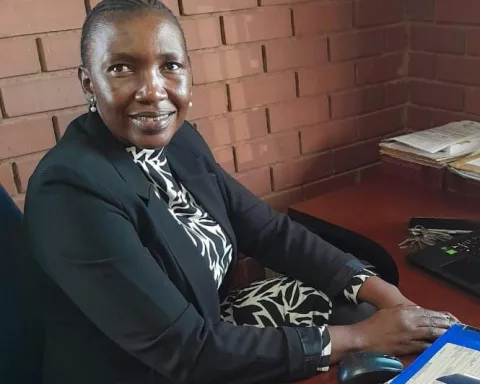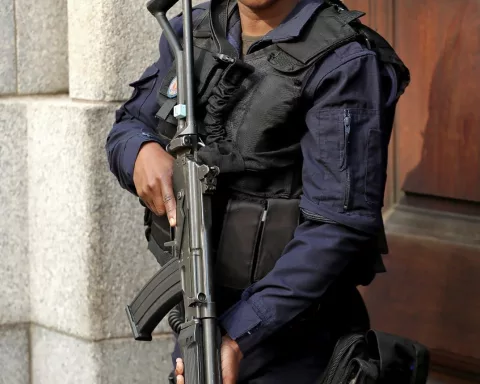As Women’s Month continues, it is an ideal time to acknowledge the talented female authors who have enriched Cape Town’s literary scene. These writers have woven their narratives into the city’s diverse identity and contributed to the world of literature. Exploring their works broadens our literary horizons, promotes storytelling variety, and helps us understand different perspectives. Here are five women writers from Cape Town whose works are truly noteworthy and deserve our attention.
1. Mia Arderne
Mia Arderne’s narratives skilfully explore gender, race, identity, sexuality, and mental health. Her work has featured in various esteemed publications, and her debut novel, Mermaid Fillet, has received many accolades. Arderne’s writing enlightens readers about the complexities of identity and finding one’s place in the world.
2. C.A. Davids
C.A. Davids is a well-known figure in South African literature and a talented writer and editor. Her debut novel, The Blacks of Cape Town, has captivated readers with its narrative depth. Davids’ latest work, How to Be a Revolutionary, delves into the landscapes of contemporary Shanghai, late apartheid-era South Africa, and pivotal moments in Chinese history. It tackles themes such as loyalty, conscience, and self-discovery.
3. Karin Schimke
Karin Schimke is a versatile literary figure with roots in journalism and poetry. She was born in Pretoria and won the prestigious Ingrid Jonker Prize in 2014 for her debut poetry collection, Bare & Breaking. Besides writing, Schimke is also a writing coach, developmental editor, and mentor, actively nurturing emerging voices in the literary world.
4. Jolyn Phillips
Jolyn Phillips, hailing from Gansbaai, is a powerful literary force. Her 2016 publication, Tjieng Tjang Tjerries and Other Stories, swiftly gained attention and accolades. Phillips has also ventured into poetry with her 2017 collection, Radbraak. Her artistic expression transcends the written word, combining poetry and music to create unique experiences for her audiences.
5. Bronwyn Davids
Bronwyn Davids is recognized for her poignant narrative non-fiction work, Lansdowne Dearest, which offers a heartfelt portrayal of her family and community during forced removals in the 1960s and 1980s. Davids’ journey spans from journalism to global exploration, eventually returning to the world of words as a skilled publicist.
Embracing Diversity in Storytelling
These five women writers are not only talented storytellers but also significant voices that contribute to Cape Town’s literary legacy. By exploring their works, we gain insights into different perspectives and realities, reminding us of the power of diverse storytelling and the importance of celebrating the voices of those who have crafted these narratives. Let us cherish and promote these incredible writers who enrich our literary world.












